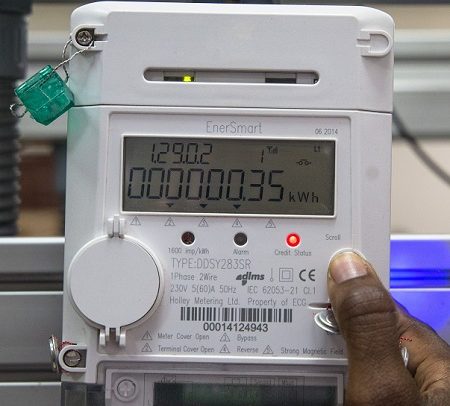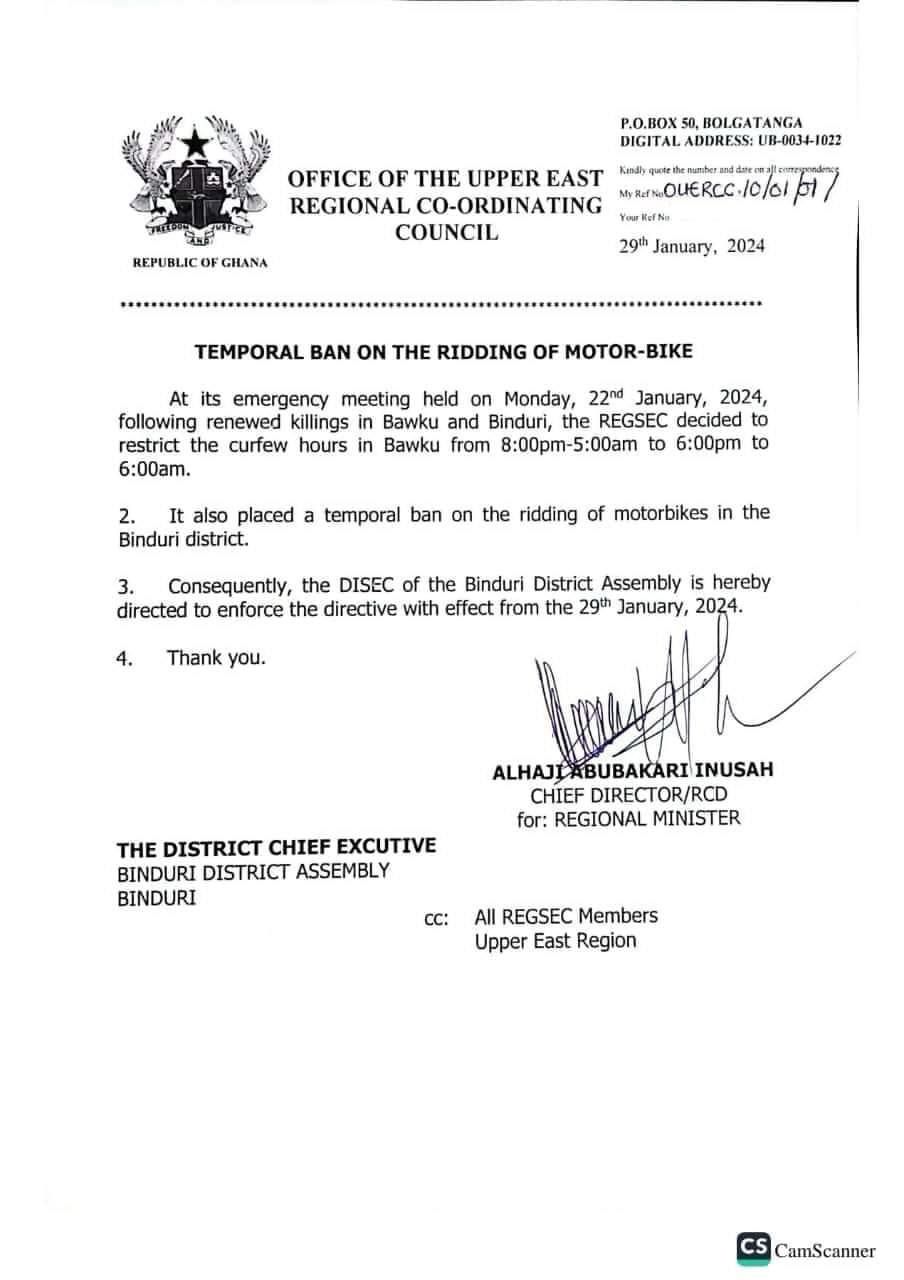
Nigeria unveiled another set of measures aimed at forcing lenders to extend more credit in an effort to revive economic growth, this time cutting the amount of money companies can keep in interest-bearing accounts at the central bank.
Banks will no longer receive interest payments on deposits exceeding 2 billion naira ($5.5 million), the Central Bank of Nigeria said in a statement posted on its website on Wednesday night. That compares with a previous limit set in 2014 of 7.5 billion naira through the central bank’s standing deposit facility.
The move comes less than a week after the Abuja-based central bank ordered lenders to use at least 60% of their deposits for loans by the end of September, or have their cash-reserve requirements increased, meaning they’ll be forced to leave more of their cash with the central bank.
“The rule is geared at making banks lend,” Kunle Ezun, an analyst at Ecobank Transnational Inc in Lagos, said by phone. “It is to encourage banks to move funds to areas the central bank wants to drive growth.”
Banks are reluctant to lend with the economy struggling to recover from a 2016 contraction, double-digit inflation and the lure of buying government bonds that pay average yields of 14.2%.
Read Full Story











Facebook
Twitter
Pinterest
Instagram
Google+
YouTube
LinkedIn
RSS